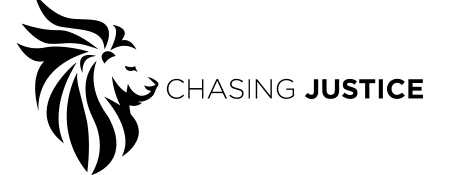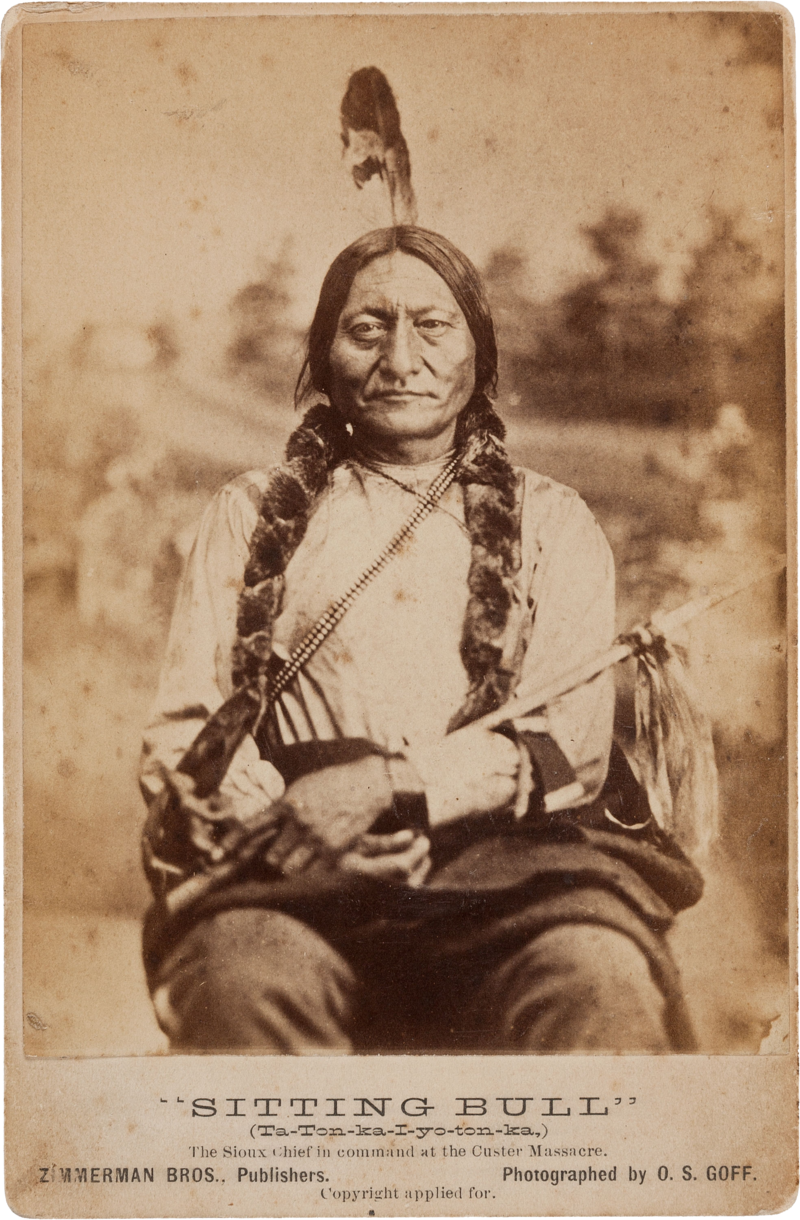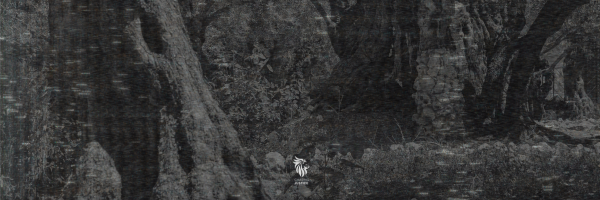Chasing Justice believes that we can transform broken systems through an integrated lifestyle of faith and justice. The Live Justly Intensive is a launch pad to help young leaders live this out. Here, we focus on decolonizing our faith practices and taking direct action to embody a lifestyle of justice. Whether we are pursuing justice in relationships or in our spending, living justly requires resistance and realignment with the restorative justice of Jesus.
In this excerpt of “What Sitting Bull Saw” Indigenous author, scholar and activist, Dr. Randy Woodley, helps you reject ways of life that lead to destruction and root yourself in practices that create sustainable and just communities.
[Sitting Bull] was shocked by what he saw on city streets: children sleeping in doorways, families begging for food while wealthy patrons in fine clothes passed by without acknowledgment. He couldn’t fathom a society that could create such abundance yet leave its most vulnerable members to suffer in plain sight. With characteristic generosity, Sitting Bull gave away much of his earnings to the homeless, the hungry, and the forgotten White people—actions that bewildered his White contemporaries but made perfect sense within his worldview.
His observations crystallized into words that ring with prophetic clarity today: “The white man knows how to make everything, but he does not know how to distribute it… The love of possessions is a disease with them. They take tithes from the poor and weak to support the rich who rule. They claim this mother of ours, the earth, for their own and fence the neighbors away.
Sitting Bull’s diagnosis was precise. He identified what we might call the fundamental pathology of the Western worldview: the confusion of abundance with accumulation, of prosperity with hoarding.
What Sitting Bull Could See Now
If Sitting Bull could observe America today, he might find both his worst fears realized and his deepest hopes vindicated. The disease of possession has indeed spread globally, creating unprecedented inequality and environmental destruction. Yet he might also see growing numbers of people—Indigenous and non-Indigenous alike—awakening to the need for fundamental change, seeking to become “re-Indigenized.”
The movement toward Indigenous values isn’t about going backward but about going deeper—to the roots of what makes human communities sustainable and just. It’s about recognizing that the earth is indeed our mother, that neighbors shouldn’t be fenced away, and that true wealth lies not in what we can accumulate but in what we can share.
His diagnosis still echoes across the decades: the White man knows how to make everything but doesn’t know how to distribute it. His prescription remains equally clear—that true wealth flows not from what we can hoard but from what we can share, not from the fences we build but from the neighbors we embrace. Perhaps it’s time we stopped thinking that good fences make good neighbors and started realizing good neighbors make fences unnecessary.
The transformation of the system Sitting Bull critiqued doesn’t require perfection—it just requires a first step. His first step was to give his money away to the people who needed it. Consider choosing just one practice from each category below as a beginning, letting Indigenous wisdom guide you toward the abundance that comes from sharing rather than hoarding.
Randy shares creative and sustainable practices in these three categories:
- Personal Practices That Heal the Disease of Possession
- Community Actions That Tear Down Unnecessary Fences
- Systemic Changes That Distribute Abundance
Continue reading on Randy’s Substack. To journey with peers who want to change the world, join our Live Justly Intensive. Applications close Sept. 20.









